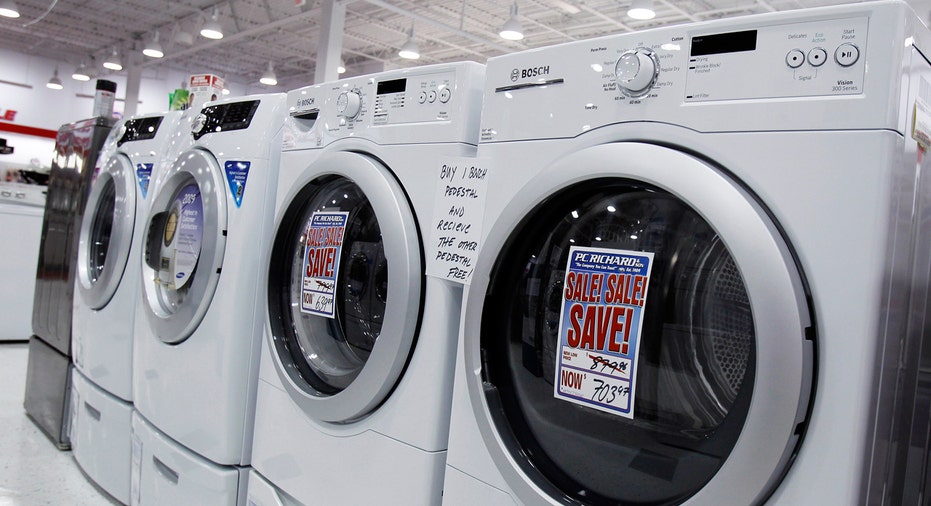May Durable Goods Orders Fall More Than Expected

New orders for U.S. manufactured capital goods unexpectedly fell in May as demand declined across the board, suggesting business spending will remain a drag on economic growth in the second quarter.
The Commerce Department said on Friday non-defense capital goods orders excluding aircraft, a closely watched proxy for business spending plans, fell 0.7 percent last month after a revised 0.4 percent decline in April.
These so-called core capital goods orders were previously reported to have dropped 0.6 percent in April. Economists polled by Reuters had forecast core capital goods orders increasing 0.3 percent.
Overall orders for durable goods, items ranging from toasters to aircraft that are meant to last three years or more, declined 2.2 percent last month after a downwardly revised 3.3 percent increase in April. Durable goods orders were previously reported to have risen 3.4 percent in April.
There is little sign of reprieve for the manufacturing sector, which has been hurt by the lingering effects of the dollar's surge between June 2014 and December 2015, and sluggish global demand, which have eroded export growth.
The sector, which accounts for about 12 percent of the U.S. economy, has also been weighed down by lower oil prices, which have undercut profits of energy companies and forced deep cuts in capital spending budgets.
Business spending on equipment has declined over the last two quarters. It dropped in the first quarter at its quickest pace since the second quarter of 2009.
With core capital goods orders falling for a second straight month in May, spending on equipment will likely remain a drag on economic growth in the second quarter.
Shipments of core capital goods, which are used to calculate equipment spending in the government's gross domestic product measurement, slipped 0.5 percent last month after an upwardly revised 0.6 percent rise in April.
Core capital goods shipments were previously reported to have increased 0.4 percent in April. Economists say uncertainty over the global economy and the upcoming U.S. presidential elections are making businesses cautious about spending.
(Reporting by Lucia Mutikani; Editing by Andrea Ricci)



















